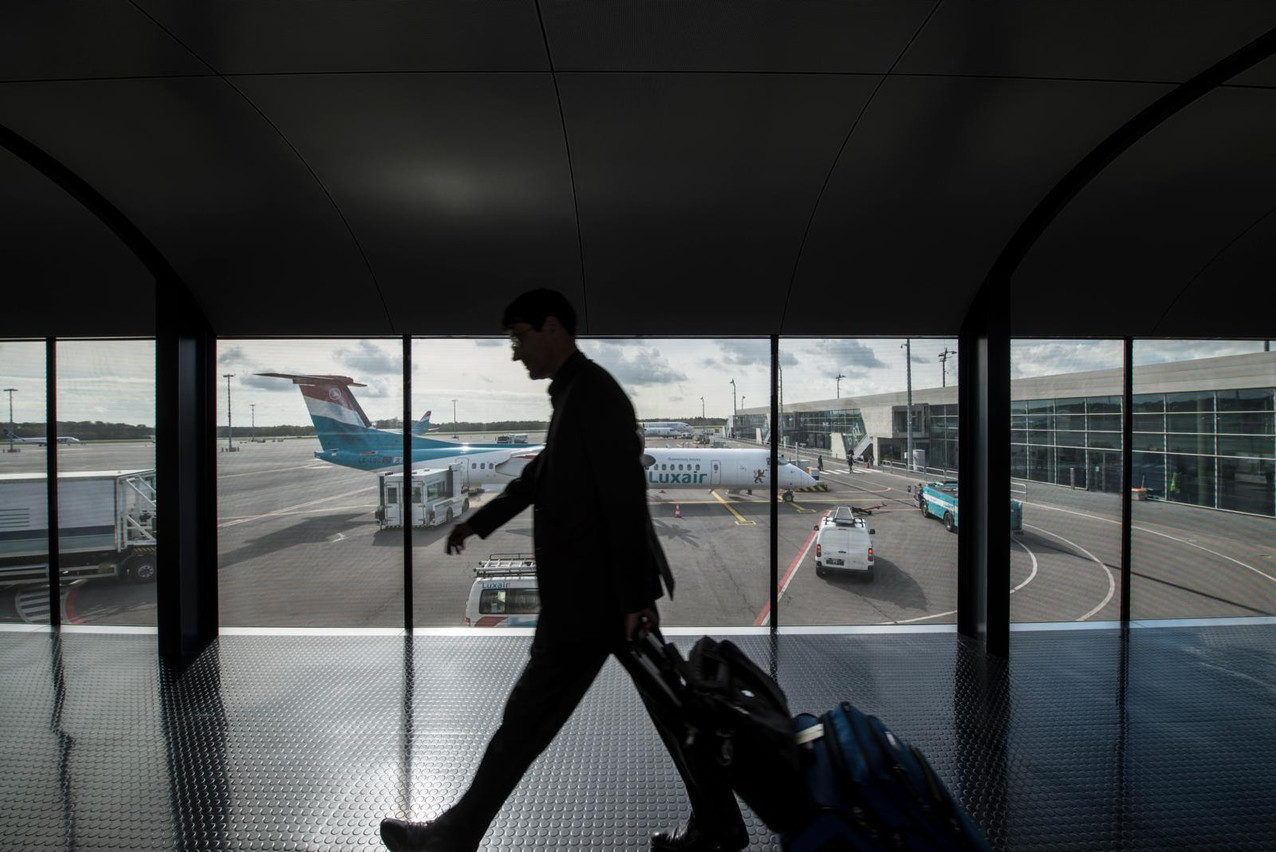The grand duchy retained its fourth in a global ranking of passports, even though Luxembourg passport holders can now only travel visa-free to 189 countries worldwide as opposed to 190 in the 2021 listings.
Luxembourg tied for fourth place with Finland and Italy in the Henley Passport Index, which is based on exclusive and official data from the International Air Transport Association (IATA).
Japan retains its number one ranking with a record-high visa-free or visa-on-arrival score of 193, while Singapore and South Korea come in joint second place, with a score of 192.
Germany and Spain are in joint third place, with access to 190 destinations visa-free – Germany has one less than last year.
Denmark, Netherlands, and Sweden share fifth place with their passport holders able to travel to 188 destinations worldwide without a visa. Both the UK and US have dropped down a rank, to sixth and seventh place, respectively.
Travel returning to pre-pandemic levels
Despite the high rankings of Japan, Singapore and South Korea travel in the Asia-Pacific region has only reached 17% of pre-Covid levels, according to IATA’s latest statistics. Markets in Europe and North America have recovered to around 60% of pre-crisis travel mobility levels, a statement from Henley & Partners, which conducts the passport index survey, reveals.
Commenting in the Henley Global Mobility Report 2022 Q3, Dr Marie Owens Thomsen, Chief Economist at IATA, says passenger numbers should reach 83% of pre-pandemic levels in 2022. “By next year, many markets should see traffic reach or exceed pre-pandemic levels, while we expect this to be the case for the industry as a whole in 2024.”
